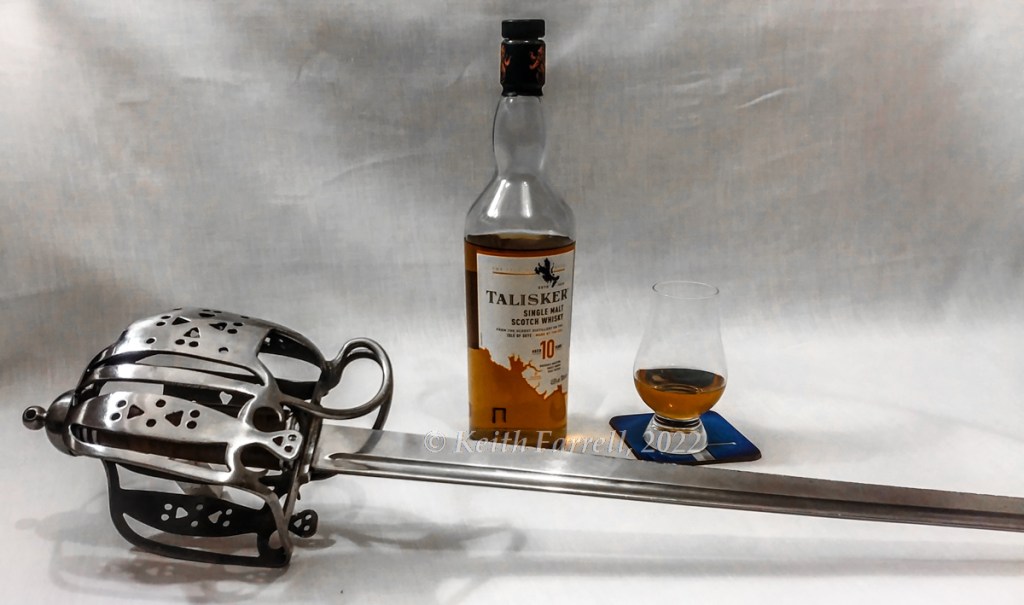|
granjuanillo -> Paco Sevilla's new book (Dec. 12 2024 16:08:26)
|
Some of you may have known or known of San Diego guitarist Paco Sevilla, who passed away several years ago. He was known as a guitarist, teacher, and flamenco researcher - co-editing Jaleo magazine for years and publishing several books on flamenco, including a trilogy that covers flamenco history from three important periods (late 19th century, early to mid 20th century, and the Paco revolution of the late 20th century).
Before he passed away, he wrote a book about his first trip to Spain in 1964. While he didn't intend to publish it, his brother and I decided to edit it and publish it posthumously.
It is now available on Amazon: Innocents in Iberia - $20.
Here is the description from the Amazon site:
American flamenco guitarist and flamenco writer, Paco Sevilla, presents a compelling coming-of-age account of his own initiation into the flamenco world during a trip to Spain in 1964. Paco is part of the boomer generation that reached out to other cultures in a quest for self-realization. To this end, he embraced a foreign music and its culture and traveled to Europe on a shoestring. Along with his companion, David, he embarked on an adventure that involved traveling by steamship, staying in humble hostels, and eating in working-class restaurants. The specter of the Vietnam War and the draft lurks in the background of this tale, but the quest for flamenco takes center stage.
Paco formed part of an early pilgrimage of foreign aficionados who made their way to Spain to study flamenco. While there were a few earlier pioneers from about a decade earlier – e.g., David Cheny from San Diego and the British guitarist Gerald Howson (whose adventures are immortalized in the excellent The Flamencos of Cádiz Bay), Paco’s trip was part of the first large wave of foreign guitarists (and dancers). Most ended up in Madrid or Morón de la Frontera, but Paco’s experience in Cádiz and Sevilla was unique. He later coincided with several well-known guitarists in his Madrid Pensión. Thus, Paco was an early trailblazer for those who came later.
Spain underwent a significant transformation, beginning with the arrival of US bases in the 1950s, through the Franco-era promotion of tourism and flamenco in the 1960s, to the end of the dictatorship and modernization from the 1970s and beyond. One can trace an evolution from Howson’s Spain of the 1950s, to the slightly more modern Spain Paco encountered, to an emerging modern society during the last years of the dictatorship and the democratic reforms. Thus, this book, beyond a coming-of-age story, documents the beginnings of foreign afición in a Spain from a by-gone era.
|
|
|
|


